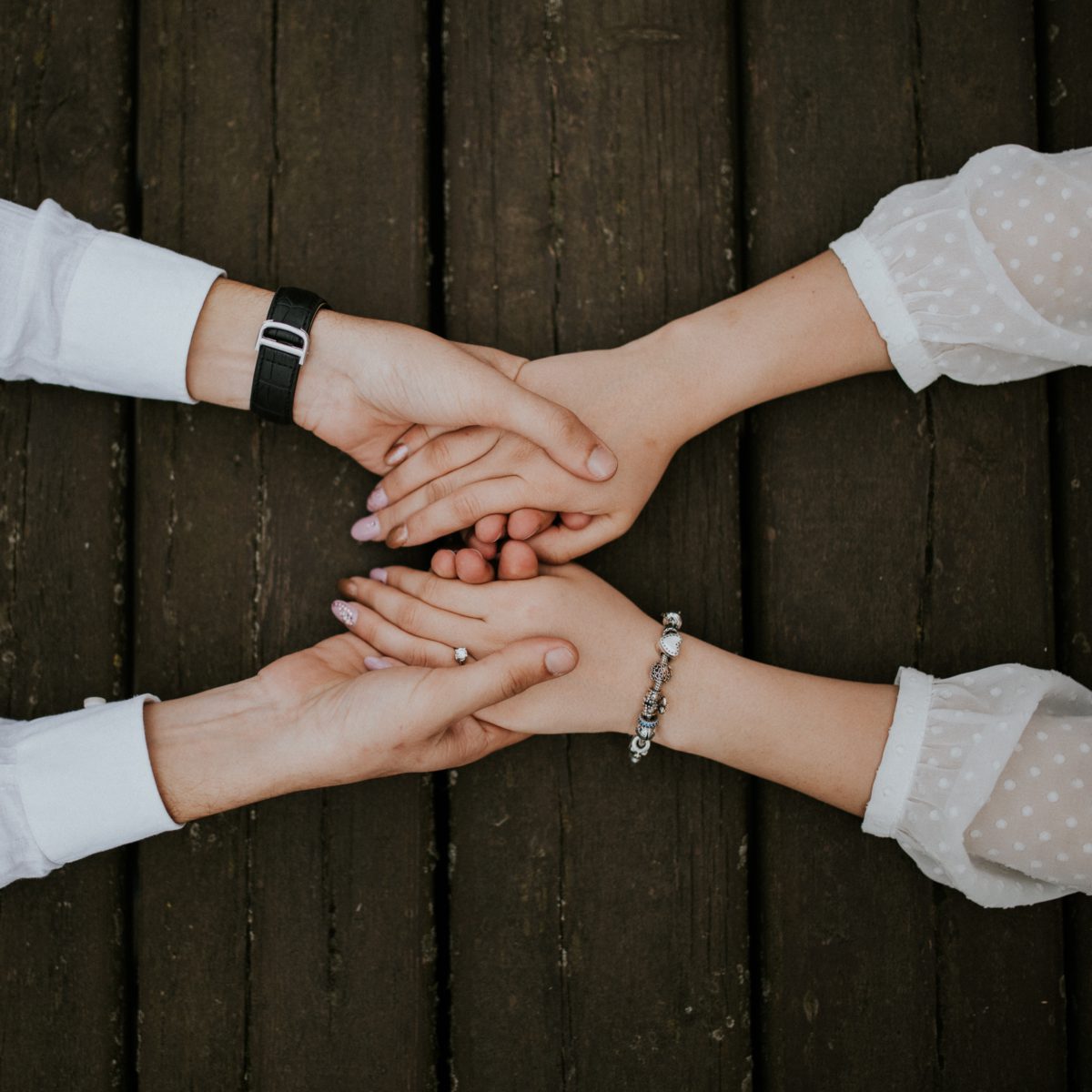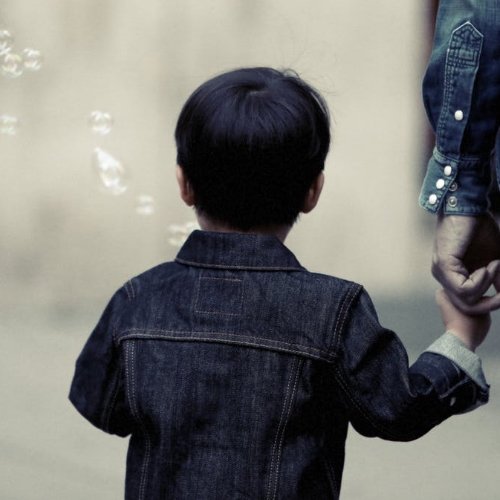How to Help Someone with Cancer
10 Acts of Service and Emotional Support
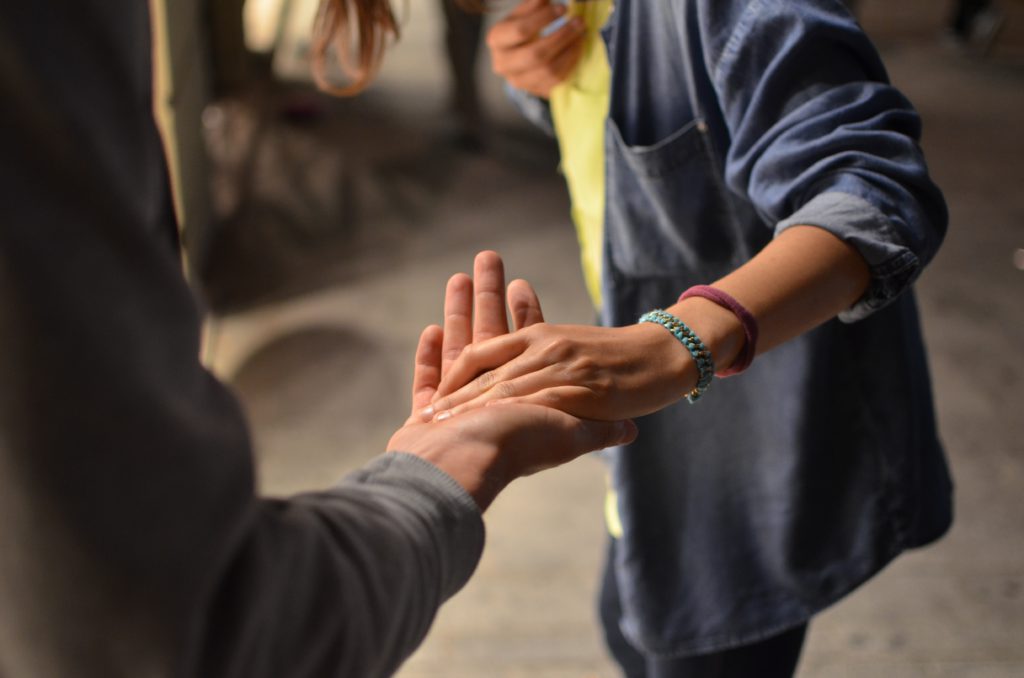
When a loved one in your life has been diagnosed with cancer, one of the first thoughts we have is, “What can I do for you?” This support can come in the form of material gifts and words of comfort, which are all love languages in their own right.
But they’re not the only ways of showing that you care.
If a physical gift isn’t the best fit for either of you, then do something for your loved one that they can’t do or don’t have the time or energy to do for themselves through an act of service.
These gestures can bring help for cancer patients at home and can help their caregivers, who are also dealing with an incredibly difficult situation.
»MORE: What to Say to Someone with Cancer
or What to Give Cancer Patients
Do something you know will make them smile. Do something that will take some of the weight or stress off of their shoulders. Here are 10 favorite ideas of giving support through acts of service and/or emotional support, shared by real cancer patients:
- Get them groceries
- Cook for them
- Offer to drive them somewhere
- Clean their house
- Start a fundraiser
- Connection through communication
- Pay them a visit
- Talk about “normal” things
- Give your time (just be there)
- No matter what, be specific

1. Get Them Groceries
This is incredibly helpful, especially if the person you love is a parent with a busy family life. They are going to want to be able to keep their house running smoothly, but their job is to beat cancer. You can help buy groceries or any other household goods they might need.
2. Cook for them
If you don’t know what they might need from the store, cook them a meal. That’s one less thing they have to worry about. And it’s not just for them, but if they usually prepare meals for others, this saves cancer patients both time and energy.
3. Offer to drive them somewhere
Chemo and other cancer treatment can make patients feel ill, exhausted, and otherwise unable to drive. An offer to shuttle your loved one to appointments, the store, the pharmacy, and other places can be a necessity.
For Montessa L., chemotherapy for her small cell lung cancer caused her to be so tired, she could not drive herself back home from appointments.
Somebody drove me to all of those because some of the medications I was on also made me very drowsy. I couldn’t really drive and be loopy, some of those pain medications made me out of it. The church organized those rides to pick me up.
I would drive myself to go get the blood work on the weeks I didn’t have the chemo, because I wasn’t on the pain medications the whole time, or the anti-nausea medications may be drowsy too, so they drove me to those.
Montessa L.
→ Read more of Montessa’s story

An offer to drive can also be just a pleasant distraction. Doreen D. survived stage 2A breast cancer, and she credits a lot of her serenity to being around her friends.
Somebody would come to pick me up and drive me around. ‘I don’t care where you’re going,’ is what I said to my friends. It’s like if you’re going for an errand, come pick me up.
Getting into the car is hard, getting out of the car is hard, walking normal – hard. Thinking – hard. But you could still be with somebody and not say anything and roll through it. For me that was huge.
Doreen D.
4. Clean their house
Caitlin J. explains how it helped her on different levels. It took something off of her plate, but it also helped her save money.
My mom would come clean the house so we didn’t have to get a house cleaner and spend money that way. There was no way I was going to be able to do that.
Caitlin J.
→ Read more of Caitlin’s story

5. Start a fundraiser
If you know your friend is going to need help financially and you want to help, know that fundraisers on platforms like GoFundMe are common. It’s a thoughtful way of helping your loved one, especially since asking for help might feel awkward or difficult for them to do.
What’s more, many acquaintances, friends, and family members who can’t physically be present will want to help too. This is a way everyone can be involved, no matter where they live.
Nicole B. went through a stage 3 soft tissue sarcoma diagnosis and she says,
I would have never set up anything for myself, but we had friends set up a YouCaring page, which is like a GoFundMe page. It was amazing watching friends step up like that and seeing how many people love you in different ways.
Nicole B.
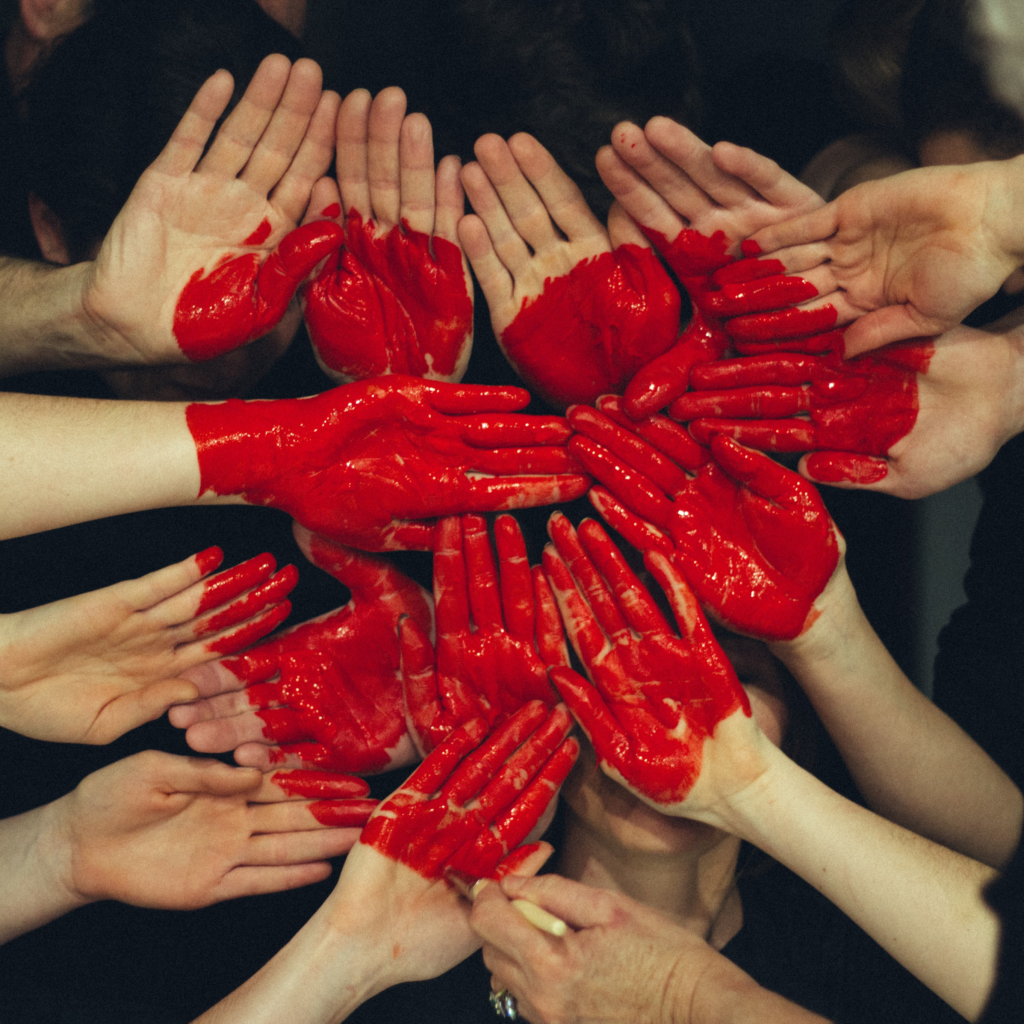
Jude A. had stage 3 multiple myeloma that metastasized in several different places. She’s a cancer survivor, and she’s also a licensed massage therapist. Jude’s friends and family helped her this way.
I had two fundraisers. That was very generous and kind and mind-blowing. The generosity was overwhelming. That was very touching. The generosity of the physical gifts was very kind, but I think that anybody that reached out just meant so much. You never know how you’ve affected someone’s life until you’re in a situation like this.
Jude A.
Even if it’s not money you’re raising, you can still host an event for them. Lauren C. explains how her sister not only helped her but so many others:
My sister organized a blood drive for me. I mentioned that I needed blood transfusions, so blood cells and platelets which are in that category. So, she motivated folks to come to Memorial Sloan Kettering, their blood donor room, and donate blood for me.
Even if it wasn’t necessarily used directly for me, it was used for other patients in the hospital, because they only have a certain shelf length. It never went to waste.
Lauren C.
6. Connection through communication
Put yourself in the shoes of someone who’s been through something traumatic, like getting diagnosed with cancer. It can be extremely isolating. One way for people to feel connected is through genuine outreach and communication from those around them.
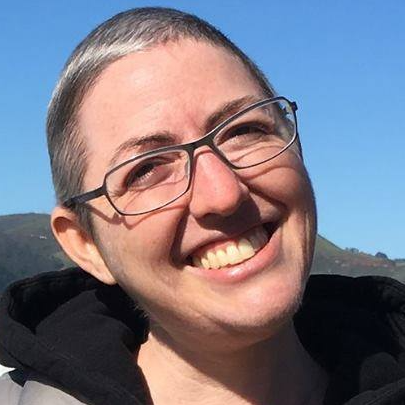
Arielle R. is a non-Hodgkin lymphoma survivor and says she needed people more than anything else.
For me, I cope with people, that’s just who I am. I’m a dependent coper. I do better when I’m in communication with someone, so finding other peoples’ stories was the best gift for me.
Arielle R.
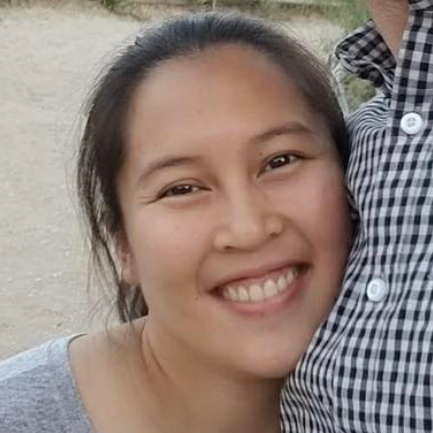
It wasn’t so much advice that my family was giving me, it was more words of encouragement. They would check in on me every now and again.
Even when I wasn’t having treatment, they would just check in on me, send me a text, ‘Hey, how you doing?’ Or, ‘How you feeling?’
Kim O., Marginal Zone Lymphoma
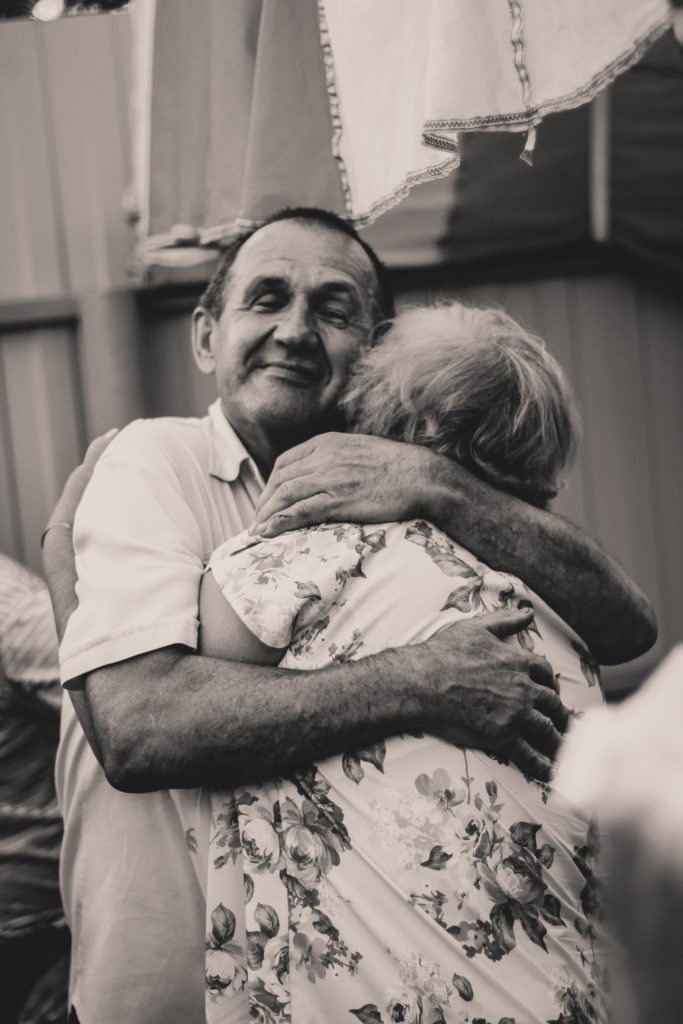
7. Visits
Jude says the worst part of her treatment was feeling alone. She appreciated everything everyone did for her, but the visits are what helped her the most.
The best thing was the visiting. Feeling like someone cared and loved me enough to physically visit me was amazing. Of course, the calls and texts were great too, but the physical visits were a huge deal.
One friend in particular would come and say, “All I want to do is hold your hand and kiss your head.” I hadn’t seen this guy in 20 years, and now he’s one of my best friends. He would come and just hold my hand through the plastic glove. It was so wonderful.
Jude A.
Rachel R. had stage 2 renal cell carcinoma in her right kidney. She is a blogger, content creator and a firm believer in allowing yourself to feel. She says,
Having friends make an effort to drive down to see me – that was really encouraging. I had times where I would get in the car and before I even said hello, I would start crying because they were a safe space where I didn’t have to be so strong anymore. Having space to freely feel was really important.
Rachel R.
8. Talk about “normal” things
So much changes once someone is diagnosed with cancer. Many times, people dealing with cancer and treatment are seeking conversation about anything but cancer.
This is where you can provide some comfort by just talking about what you used to, pre-cancer. That was the case for Lani S., who says “normal” conversation was incredibly helpful during her Hodgkin lymphoma treatment.
A big thing for me was talking about and doing normal things. A friend of mine watched the Academy Awards with me, and that was so much fun. It was nice to feel normal.
One time, I went to visit friends from college. I played games with my family. People would tell me about their day, and that felt so good because it was just a normal conversation.
Lani S.
9. Just be there (give time)
You can always send a text or call. You can lend a listening ear or a shoulder to cry on. Sometimes the best gift you can give someone is letting them know that they are not alone.
Remind them you are with them – even if you can’t physically be there. If you can physically be there, visit.
For Madi J., this meant more than anything else while she was undergoing chemotherapy for Hodgkin lymphoma.
Just be there. I was terrible about texting back because I felt so crappy all the time. If they don’t text you back, don’t take it personally. Text again the next day. Ask if they’re hungry. Tell them you’ll bring food.
Whether the person suffering chooses to accept or not doesn’t really matter. At least they know how much you’re willing to give of your time and energy. It helps to feel genuineness in an offer.
Monetary gifts are great, but time is worth so much more. If you want to come over and watch a show with me, awesome. Be there. Be genuine. That’s my advice.
Madi J.
Many cancer patients agree – just being there and getting someone’s time is the relief they need.
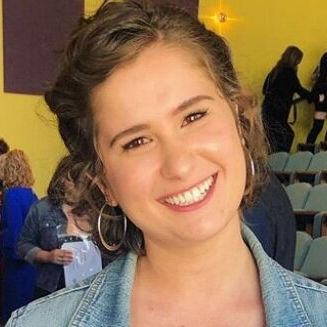
People deserve to be allowed to acknowledge when something is awful and bothering them. People in my life were willing to give me space to do that, without telling me to look at something else about it that was more positive really helped me. It gave me a space to feel bad about things I was really unhappy about.
My friends who were willing to help me adapt back into normal life after I went into remission were amazing. I know it wasn’t easy on them.
Lani S.
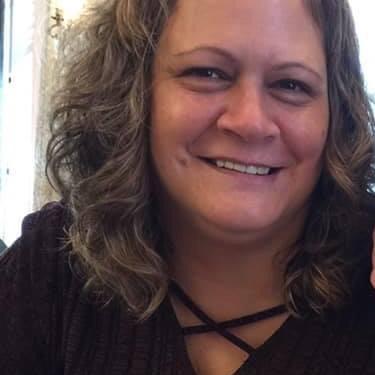
I’m not a good advice giver but the only thing I could say is to just be there. You don’t have to have words, it’s about support.
More than anything, the support. Just your presence, that’s the most important thing, that was what was important to me.
Kim S., Follicular Lymphoma
10. No matter what, be specific
My biggest pet peeve is that ominous phrase, ‘Let me know if I can do anything.’ That is the biggest cop out ever. Initiate something. Make a plan. Say, ‘Hey, I’m out and about. What can I bring you?
The generic “let me know if I can do anything” people drove me crazy. That’s the emptiest statement ever.
It’s like when someone’s family member dies. If you say that to them, what does that person want to say back? “Let me know if you can do anything? Well, can you bring my loved one back to life?”
When someone leaves it that far open for you, it’s hard. “Anything” is very broad. You want to pay my medical bills? My rent? There are a lot of things I could say in response to that question, so it makes it really hard.
Madi J.
